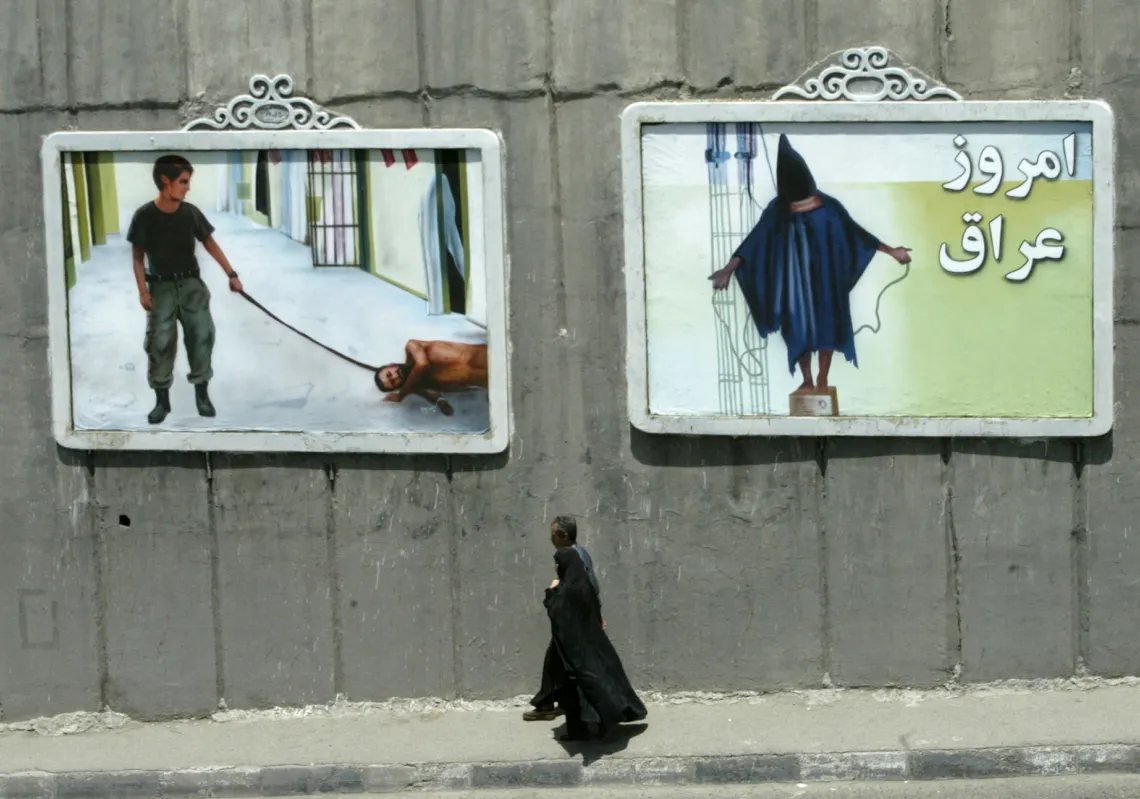When Cyprus assumes the European Union presidency for the second time in January 2026, it will have an opportunity to shape EU priorities and influence events beyond the continent’s borders. The EU presidency rotates among member states every six months, enabling each to steer the EU Council’s agenda in the realms of foreign policy, economic coordination, and legislative priorities. Cyprus first held the presidency in 2012.
Cyprus has eight months to prepare for its presidency and set the EU’s foreign policy agenda for the first six months of 2026. While the EU will remain focused on transatlantic relations, trade with China, and war in Ukraine, Cyprus can focus its efforts on Middle East stability—and potentially bring about change in the Levant.
Drawing on its diplomatic ties with key regional actors, Cyprus is well placed to mediate ceasefires, support Lebanon’s sovereignty, and advance the Palestinian cause, and, in the process, position the EU as a key diplomatic actor in fostering lasting peace in the region.
Since joining the EU in 2004, Cyprus has positioned itself at the diplomatic centre of Europe, the Eastern Mediterranean, and the Levant. As it takes over from Poland, Cyprus should prioritise issues that affect all three regions. In particular, its established role as an international mediator uniquely positions it to direct EU efforts towards increasing stability in the Middle East.
Cyprus’s foreign relations priorities are a product of its history, geography, and demography. Its strategic location at the crossroads of Europe, Asia and Africa, coupled with its diverse population, has enabled it to cultivate ties with countries and groups that are often at odds with one another. It maintains close ties with Lebanon, Israel, and the Palestinian Authority. This gives Cyprus an advantage over other EU states. Its presidency, therefore, is a timely opportunity to place conflict resolution at the top of the EU’s agenda in 2026.









